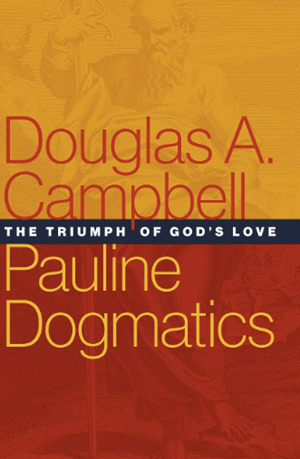Top of the List

Over the years I have lived through and watched discussions of what I am here calling “Top of the List in Christian Ethics” lists? What’s at the top of your list? Now let’s not get too easy-going here: What’s at the top of your list in the way you live?
I grew up among America’s fundamentalists and the top of our list was Holiness, and we could have called it Godliness but we didn’t. Our Top of the List was Holiness, and by this we meant “separation from sin and sinners.” So, to be holy was to be in church, not to drink, not to go to movies, not to … not to… the list was clear and rarely written up. We learned the Top of our List by those with whom we engaged and by those whom we ignored or, as it were, separated ourselves from.
In my fundamentalist church the liberals – Presbyterians, Methodists, Episcopalians – had another list, and the Top of their List was Love, but for them Love wasn’t holy enough, so their love was mere sentimentalism and yet another example of their own liberalism. It was being soft, kind, and of course socially engaged with the poor and down-and-outs.
This is an old social story, it’s a common social story, and the fundamentalist gets it wrong: the Top of the List for Jesus was Love, for Paul was Love, for John was Love … Love is the one and only Top of the List.
I can’t hear the conservative folks in the church today talk about either Godliness or Holiness without wondering (1) if they’ve misdefined holiness as separation and if (2) it would really irritate their ways of life if Love suddenly was at the Top of the List.

Douglas Campbell, in his fine Pauline Dogmatics, has nothing less than a relational theory of God and the church. What is that relationship? Love.
Nothing less than five chapters explicating Love in the Christian community. Why? Because for Paul the Top of the List was Love. We think of 1 Cor 13, of the Top of the Spiritual Fruit List, and of his statement that Love fulfills the whole Law.
Love is misdefined constantly as emotional affection, which is part of it, but for the Christian love is bigger than that. I have defined love along these lines: it is a rugged, affective commitment of of presence, of advocacy and of direction (with others, for others, and together in the direction of being more like Christ).
So, what does Campbell do with defining love? The tone and tenor of relationships in the community are to be shaped by the Trinity – love of Father, Son, Spirit.
He focuses on texts like Romans 5:6-10; Galatians 4:4-7, and 1 Corinthians 13. It is visibly manifested in Jesus: Philippians 2:6-11.
But Campbell then makes a courageous move by explicating in his book the following themes in love:
- Love is giving to the point of self-sacrificing: grace, benefaction, gifts, incongruous (he somehow manages to criticize Barclay for making love/grace contractual by seeing obligation).
- Love involves obedience and faithfulness.
- Love leads to peacemaking, reconciling, healing, and transforming the broken cosmos.
- Love involves enjoying, celebrating, and delighting. His emphasis on Joy is much appreciated.
Each of these is given its own chapter, so what Campbell provides is nothing less than a robust theology of relational love in the context of Christian community.
The fundamentalists will be irritated that Campbell seems to have little to no emphasis on holiness of godliness – neither appears in the index – and they may be confirmed in some of their beliefs with this. But I will say this: for Jesus, for Paul, for John – the Top of the List is Love. Anything that topples it off the Top or tops it fails the biblical emphasis.
Jesus Creed is a part of CT's
Blog Forum. Support the work of CT.
Subscribe and get one year free.
The views of the blogger do not necessarily reflect those of Christianity Today.


















